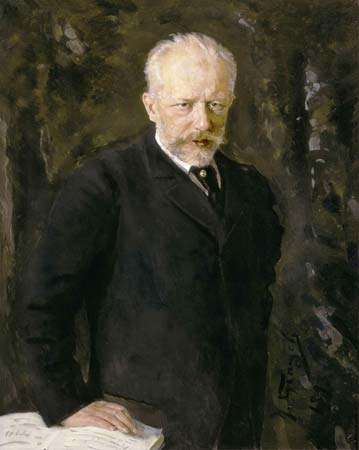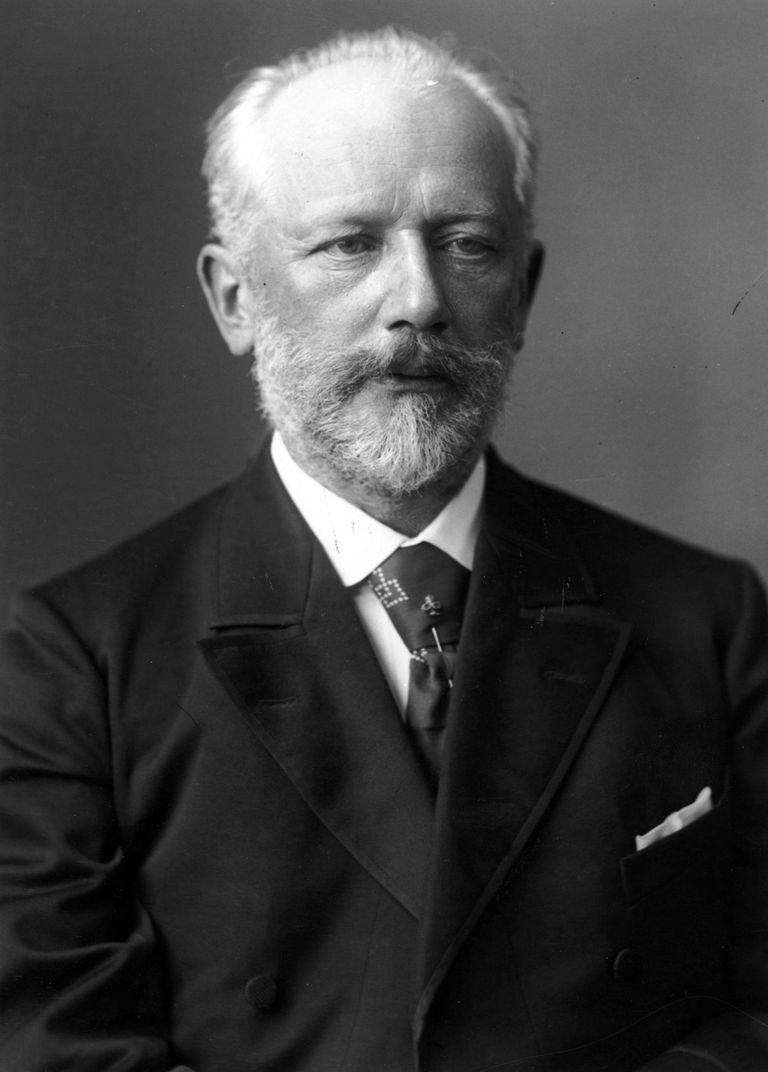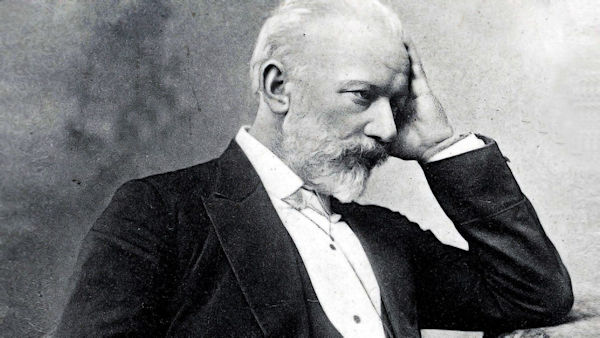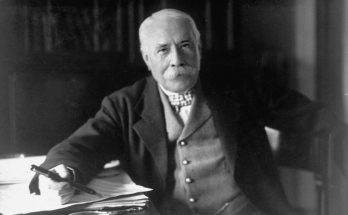
Pyotr Ilyich Tchaikovsky, Tchaikovsky also spelled Chaikovsky, Chaikovskii, or Tschaikowsky, name in full Anglicized as Peter Ilich Tchaikovsky, (born April 25 [May 7, New Style], 1840, Votkinsk, Russia—died October 25 [November 6], 1893, St. Petersburg), the most popular Russian composer of all time. His music has always had great appeal for the general public in virtue of its tuneful, open-hearted melodies, impressive harmonies, and colourful, picturesque orchestration, all of which evoke a profound emotional response. His oeuvre includes 7 symphonies, 11 operas, 3 ballets, 5 suites, 3 piano concertos, a violin concerto, 11 overtures (strictly speaking, 3 overtures and 8 single movement programmatic orchestral works), 4 cantatas, 20 choral works, 3 string quartets, a string sextet, and more than 100 songs and piano pieces.
On October 16 Tchaikovsky conducted his new symphony’s premiere in St. Petersburg. The mixed reaction of the audience, however, did not affect the composer’s belief that the symphony belonged among his best work. On October 21 he suddenly became ill and was diagnosed with cholera, an epidemic that was sweeping through St. Petersburg. Despite all medical efforts to save him, he died four days later from complications arising from the disease. Wild rumours circulated among his contemporaries concerning his possible suicide, which were revived in the late 20th century by some of his biographers, but these allegations cannot be supported by documentary evidence.
For most of the 20th century, critics were profoundly unjust in their severe pronouncements regarding Tchaikovsky’s life and music. During his lifetime, Russian musicians attacked his style as insufficiently nationalistic. In the Soviet Union, however, he became an official icon, of whom no adverse criticism was tolerated; by the same token, no in-depth studies were made of his personality. But in Europe and North America, Tchaikovsky often was judged on the basis of his sexuality, and his music was interpreted as the manifestation of his deviance. His life was portrayed as an incessant emotional turmoil, his character as morbid, hysterical, or guilt-ridden, and his works were proclaimed vulgar, sentimental, and even pathological. This interpretation was the result of a fallacy that over the course of decades projected the current perception of homosexuality onto the past.
At the turn of the 21st century, close scrutiny of Tchaikovsky’s correspondence and diaries, which finally became available to scholars in their uncensored form, led to the realization that this traditional portrayal was fundamentally wrong. As the archival material makes clear, Tchaikovsky eventually succeeded in his adjustment to the social realities of his time, and there is no reason to believe that he was particularly neurotic or that his music possesses any coded messages, as some theorists have claimed.





